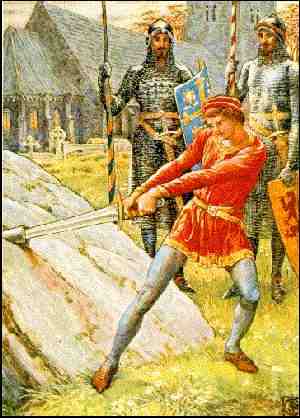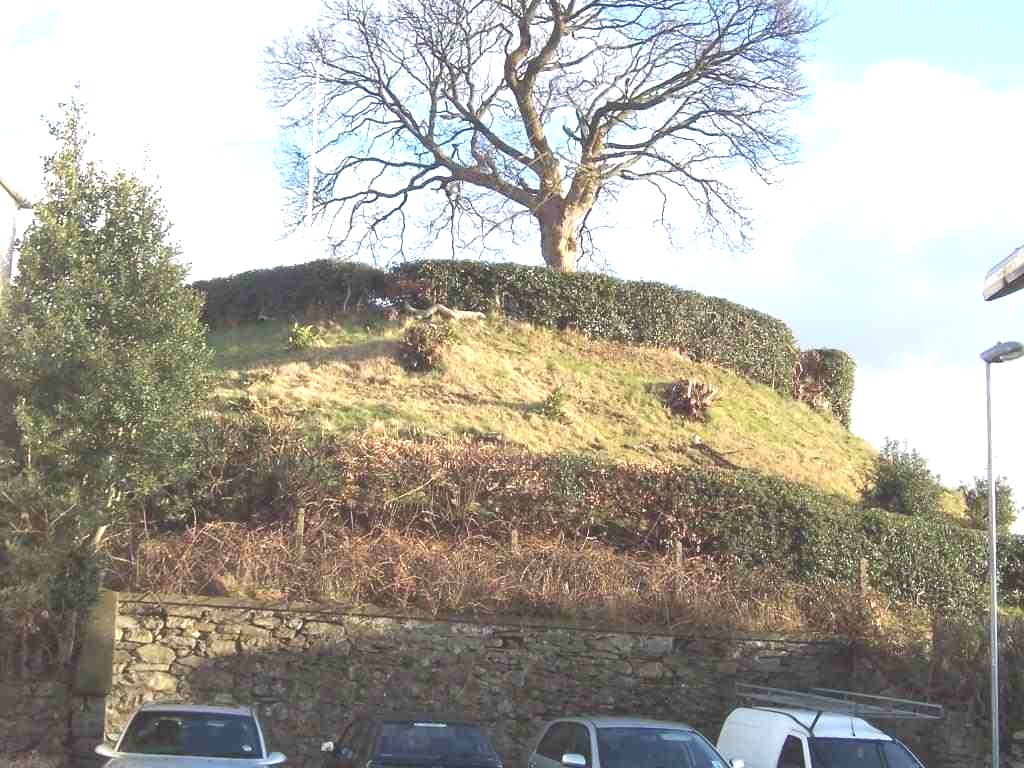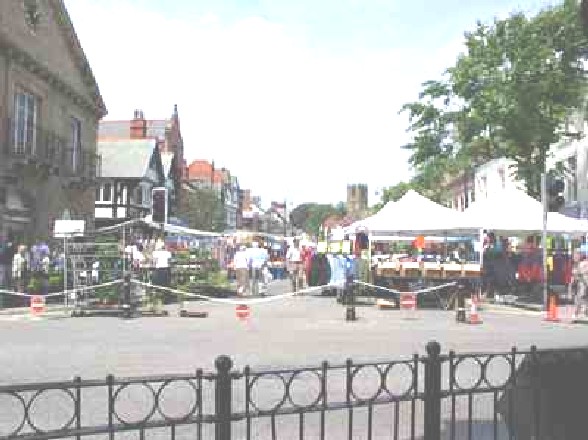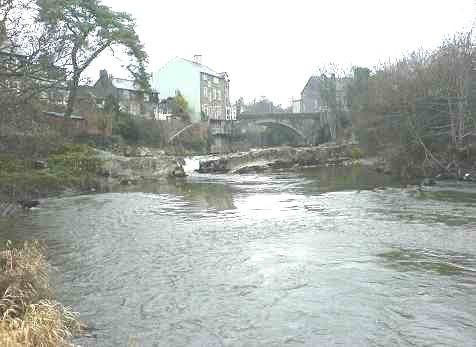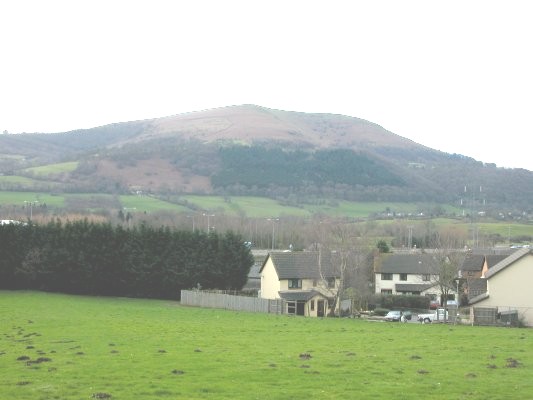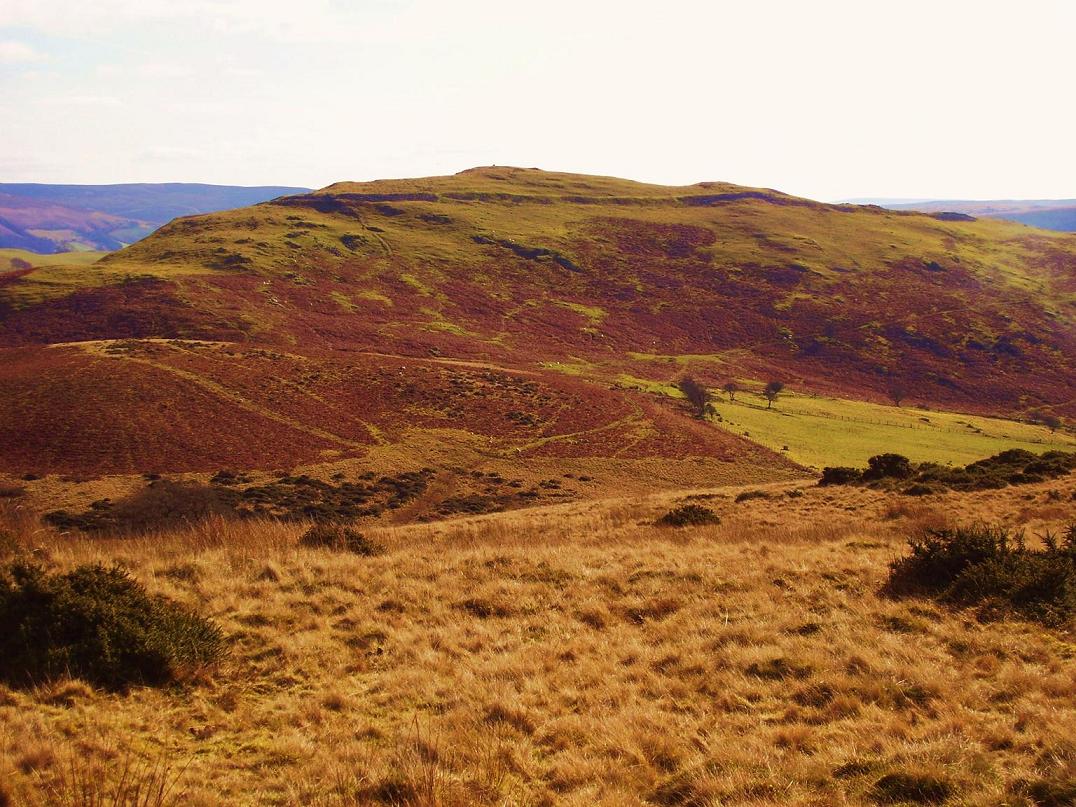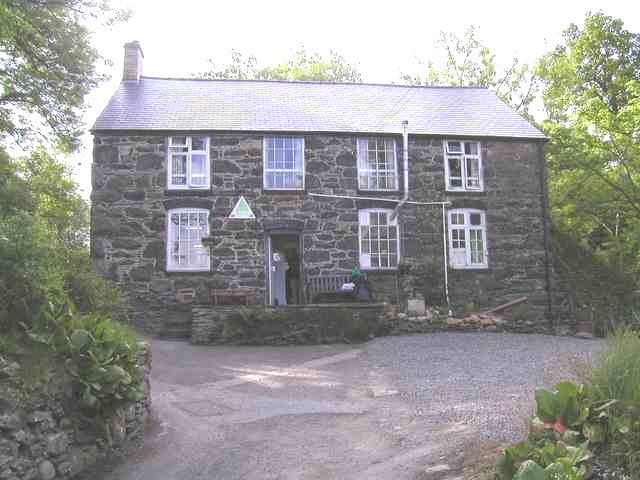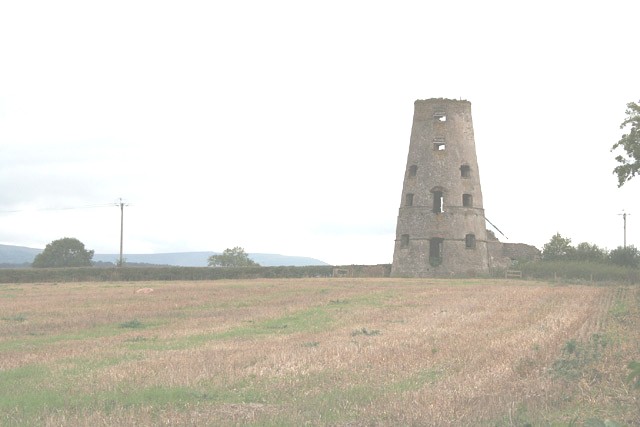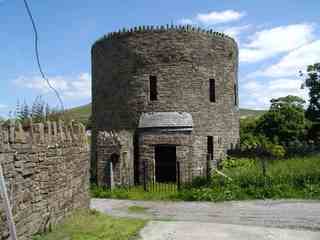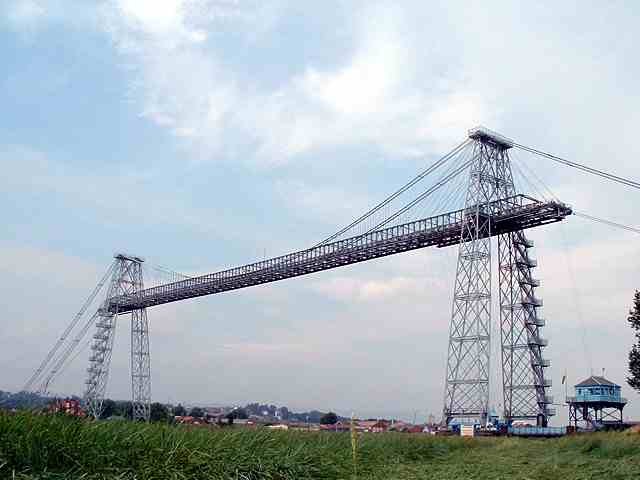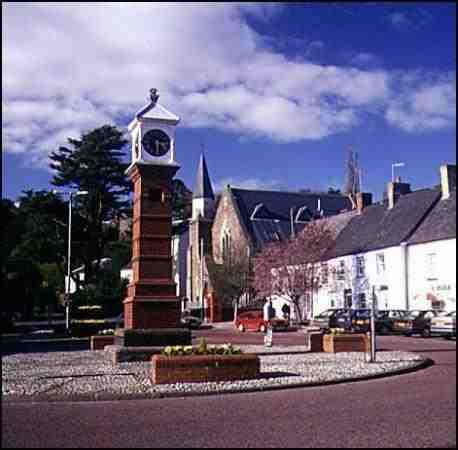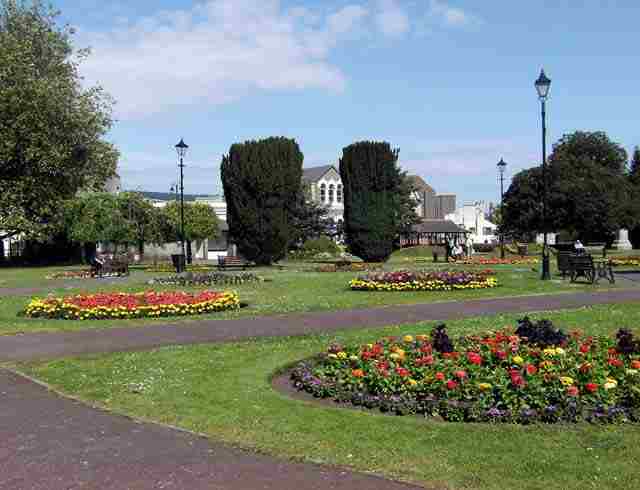Writings
of H P Blavatsky
Cardiff Theosophical Society in Wales
206 Newport Road, Cardiff, Wales, UK. CF24 -1DL
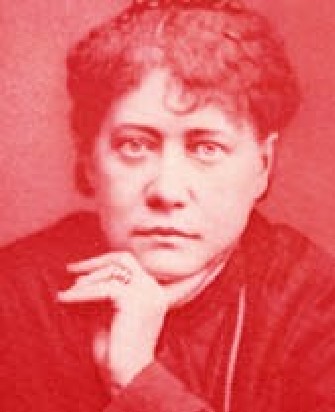
Helena Petrovna Blavatsky (1831 – 1891)
The Founder of Modern Theosophy
Can The Mahatmas
Be Selfish?
By
H
P Blavatsky
IN various
writings on occult subjects, it has been stated that unselfishness is a sine
qua non for success in occultism. Or a more correct form of putting it, would
be that the development of an unselfish feeling is in itself the primary
training which brings with it "knowledge which is power" as a
necessary accessory. It is not, therefore, "knowledge," as ordinarily
understood, that the occultist works for, but it comes to him as a matter of
course, in consequence of his having removed the veil, which screens true
knowledge from his view. The basis of knowledge exists everywhere, since the
phenomenal world furnishes or rather abounds with facts, the causes of which
have to be discovered. We see only the effects in the phenomenal world, for
each cause in that world is itself the effect of some other cause, and so on;
and, therefore, true knowledge consists in getting at the root of all
phenomena, and thus arriving at a correct understanding of the primal cause,
the "rootless root," which is not an effect in its turn.
To perceive
anything correctly, one can use only those senses or instruments which
correspond to the nature of that object. Hence, to comprehend the noumenal, a
noumenal sense is a pre-requisite; while the transient phenomena can be
perceived by senses corresponding to the nature of those phenomena. Occult
Philosophy teaches us that the seventh principle is the only eternal Reality,
while the rest, belonging as they do to the "world of forms" which
are non-permanent, are illusive in the sense that they are transient. To these
is limited the phenomenal world which can be taken cognisance of by the senses
corresponding to the nature of those six principles. It will thus be clear that
it is only the seventh sense, which pertains to the noumenal world,
that can comprehend the Abstract Reality underlying all phenomena. As
this seventh principle is all-pervading, it exists potentially in all of us;
and he, who would arrive at true knowledge, has to develop that sense in him,
or rather he must remove those veils which obscure its manifestation. All sense
of personality is limited only to these lower six principles, for the former
relates only to the "world of forms." Consequently, true
"knowledge" can be obtained only by tearing away all the curtains of
Maya raised by a sense of personality before the impersonal Atma.
It is only in
that personality that is centered selfishness, or rather the latter creates the
former and vice versa, since they mutually act and react upon each other. For,
selfishness is that feeling which seeks after the aggrandisement of one's own
egotistic personality to the exclusion of others. If, therefore, selfishness
limits one to narrow personalities, absolute knowledge is impossible so long as
selfishness is not got rid of. So long, however, as we are in this world of
phenomena, we cannot be entirely rid of a sense of personality, however exalted
that feeling may be in the sense that no feeling of personal aggrandisement or
ambition remains. We are, by our constitution and state of evolution, placed in
the "World of Relativity," but as we find that impersonality and
non-duality is the ultimate end of cosmic evolution, we have to endeavor to
work along with Nature, and not place ourselves in opposition to its inherent
impulse which must ultimately assert itself. To oppose
it, must necessitate suffering, since a weaker force, in its egotism, tries to
array itself against the universal law.
All that the
occultist does, is to hasten this process, by allowing his Will to act in
unison with the Cosmic Will or the Demiurgic Mind, which can be done by
successfully checking the vain attempt of personality to assert itself in
opposition to the former. And since the MAHATMA is but an advanced occultist,
who has so far controlled his lower "self" as to hold it more or less
in complete subjection to the Cosmic impulse, it is in the nature of things impossible
for him to act in any other but an unselfish manner. No sooner does he allow
the "personal self" to assert itself, than he ceases to be a MAHATMA.
Those, therefore, who being still entangled in the web of the delusive sense of
personality charge the MAHATMAS with "selfishness" in withholding
"knowledge"--do not consider what they are talking about. The Law of
Cosmic evolution is ever operating to achieve its purpose of ultimate unity and
to carry the phenomenal into the noumenal plane, and the MAHATMAS, being en
rapport with it, are assisting that purpose. They therefore know best what
knowledge is best for mankind at a particular stage of its evolution, and none
else is competent to judge of that matter, since they alone have got to the
basic knowledge which can determine the right course and exercise proper
discrimination.
For us who are
yet struggling in the mire of the illusive senses to dictate what knowledge
MAHATMAS shall impart to us and how they shall act, is like a street-boy
presuming to teach science to Prof. Huxley or politics to Mr. Gladstone. For,
it will be evident that, as soon as the least feeling of selfishness tries to
assert itself, the vision of the spiritual sense, which is the only perception
of the MAHATMA, becomes clouded and he loses the "power" which
abstract "knowledge" alone can confer. Hence, the vigilant watch of
the "Will" we have constantly to exercise to prevent our lower nature
from coming up to the surface, which it does in our present undeveloped state;
and thus extreme activity and not passivity is the essential condition with
which the student has to commence. First his activity is directed to check the
opposing influence of the "lower self"; and, when that is conquered,
his untrammelled Will centered in his higher (real) "self," continues
to work most efficaciously and actively in unison with the cosmic ideation in
the "Divine Mind."
Theosophist,
August, 1884
______________________
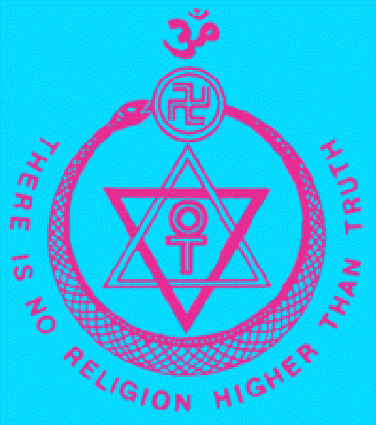
Cardiff
Theosophical Society in
Theosophy
House
206
Newport Road, Cardiff, Wales, UK. CF24 -1DL
Find out
more about
Theosophy
with these links
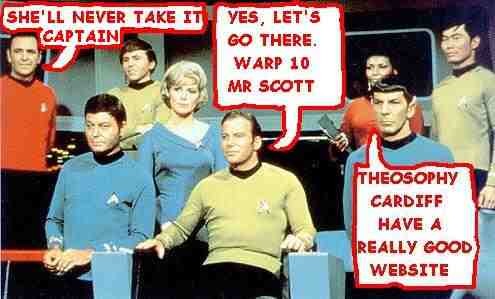
The Cardiff Theosophical Society Website
The National Wales Theosophy Website
If you
run a Theosophy Group, please feel free
to use any of the
material on this site
The Most Basic Theosophy
Website in the Universe
A quick overview of Theosophy
and the Theosophical Society
If you run a Theosophy Group you
can use this as an introductory handout.
Theosophy Cardiff’s Instant Guide
One liners and quick explanations
H P Blavatsky is
usually the only
Theosophist that
most people have ever
heard of. Let’s put
that right
The Voice of the Silence Website
An Independent Theosophical Republic
Links to Free Online Theosophy
Study Resources; Courses,
Writings,
The main criteria
for the inclusion of
links on this site is
that they have some
relationship (however
tenuous) to Theosophy
and are lightweight,
amusing or entertaining.
Topics include
Quantum Theory and Socks,
Dick Dastardly and Legendary Blues Singers.
A selection of
articles on Reincarnation
Provided in
response to the large
number of enquiries we
receive at
Cardiff
Theosophical Society on this subject
The Voice of the Silence Website
This is for everyone, you don’t have to live
in Wales to make
good use of this Website
No
Aardvarks were harmed in the
The Spiritual Home of Urban Theosophy
The Earth Base for Evolutionary Theosophy
A B C D EFG H IJ KL M N OP QR S T UV WXYZ
Complete Theosophical Glossary in Plain Text Format
1.22MB
________________
Preface
Theosophy and the Masters General Principles
The Earth Chain Body and Astral Body Kama – Desire
Manas Of
Reincarnation Reincarnation Continued
Karma Kama Loka
Devachan
Cycles
Arguments Supporting Reincarnation
Differentiation Of Species Missing Links
Psychic Laws, Forces, and Phenomena
Psychic Phenomena and Spiritualism
Quick Explanations
with Links to More Detailed Info
What is Theosophy
? Theosophy Defined (More Detail)
Three Fundamental Propositions Key Concepts of Theosophy
Cosmogenesis Anthropogenesis Root Races
Ascended Masters After Death States
The Seven Principles of Man Karma
Reincarnation Helena Petrovna Blavatsky
Colonel Henry Steel Olcott William Quan Judge
The Start of the Theosophical
Society
History of the Theosophical
Society
Theosophical Society Presidents
History of the Theosophical
Society in Wales
The Three Objectives of the
Theosophical Society
Explanation of the Theosophical
Society Emblem
The Theosophical Order of
Service (TOS)
Glossaries of Theosophical Terms
Index of
Searchable
Full Text
Versions of
Definitive
Theosophical
Works
H P Blavatsky’s Secret Doctrine
Isis Unveiled by H P Blavatsky
H P Blavatsky’s Esoteric Glossary
Mahatma Letters to A P Sinnett 1 - 25
A Modern Revival of Ancient Wisdom
(Selection of Articles by H P Blavatsky)
The Secret Doctrine – Volume 3
A compilation of H P Blavatsky’s
writings published after her death
Esoteric Christianity or the Lesser Mysteries
The Early Teachings of The
Masters
A Collection of Fugitive Fragments
Fundamentals of the Esoteric Philosophy
Mystical,
Philosophical, Theosophical, Historical
and Scientific Essays Selected from "The
Theosophist"
Edited by George Robert Stow Mead
From Talks on the Path of Occultism - Vol. II
In the Twilight”
Series of Articles
The In the
Twilight” series appeared during
1898 in The Theosophical Review and
from 1909-1913 in The Theosophist.
compiled from information supplied by
her relatives and friends and edited by A P Sinnett
Letters and
Talks on Theosophy and the Theosophical Life
Obras
Teosoficas En Espanol
Theosophische
Schriften Auf Deutsch
An Outstanding
Introduction to Theosophy
By a student of
Katherine Tingley
Elementary Theosophy Who is the Man? Body and Soul
Body, Soul and Spirit Reincarnation Karma
Guide to the
Theosophy
Wales King Arthur Pages
Arthur draws
the Sword from the Stone
The Knights of The Round Table
The Roman Amphitheatre at Caerleon,
Eamont Bridge, Nr Penrith, Cumbria, England.
Geoffrey of Monmouth
(History of the Kings of Britain)
The reliabilty of this work has long been a subject of
debate but it is the first definitive account of Arthur’s
Reign
and one which puts Arthur in a historcal context.
and his version’s political agenda
According to Geoffrey of Monmouth
The first written mention of Arthur as a heroic figure
The British leader who fought twelve battles
King Arthur’s ninth victory at
The Battle of the City of the Legion
King Arthur ambushes an advancing Saxon
army then defeats them at Liddington Castle,
Badbury, Near Swindon, Wiltshire, England.
King Arthur’s twelfth and last victory against the Saxons
Traditionally Arthur’s last battle in which he was
mortally wounded although his side went on to win
No contemporary writings or accounts of his life
but he is placed 50 to 100 years after the accepted
King Arthur period. He refers to Arthur in his inspiring
poems but the earliest written record of these dates
from over three hundred years after Taliesin’s death.
Pendragon Castle
Mallerstang Valley, Nr Kirkby Stephen,
A 12th Century Norman ruin on the site of what is
reputed to have been a stronghold of Uther Pendragon
From wise child with no
earthly father to
Megastar of Arthurian
Legend
History of the Kings of Britain
Drawn from the Stone or received from the Lady of the Lake.
Sir Thomas Malory’s Le Morte d’Arthur has both versions
with both swords called Excalibur. Other versions
5th & 6th Century Timeline of Britain
From the departure of the Romans from
Britain to the establishment of sizeable
Anglo-Saxon Kingdoms
Glossary of
Arthur’s uncle:- The puppet ruler of the Britons
controlled and eventually killed by Vortigern
Amesbury, Wiltshire, England. Circa 450CE
An alleged massacre of Celtic Nobility by the Saxons
History of the Kings of Britain
Athrwys / Arthrwys
King of Ergyng
Circa 618 - 655 CE
Latin: Artorius; English: Arthur
A warrior King born in Gwent and associated with
Caerleon, a possible Camelot. Although over 100 years
later that the accepted Arthur period, the exploits of
Athrwys may have contributed to the King Arthur Legend.
He became King of Ergyng, a kingdom between
Gwent and Brycheiniog (Brecon)
Angles under Ida seized the Celtic Kingdom of
Bernaccia in North East England in 547 CE forcing
Although much later than the accepted King Arthur
period, the events of Morgan Bulc’s 50 year campaign
to regain his kingdom may have contributed to
Old Welsh: Guorthigirn;
Anglo-Saxon: Wyrtgeorn;
Breton: Gurthiern; Modern Welsh; Gwrtheyrn;
*********************************
An earlier ruler than King Arthur and not a heroic figure.
He is credited with policies that weakened Celtic Britain
to a point from which it never recovered.
Although there are no contemporary accounts of
his rule, there is more written evidence for his
existence than of King Arthur.
How Sir Lancelot slew two giants,
From Sir Thomas Malory’s Le Morte d’Arthur
How Sir Lancelot rode disguised
in Sir Kay's harness, and how he
From Sir Thomas Malory’s Le Morte d’Arthur
How Sir Lancelot jousted against
four knights of the Round Table,
From Sir Thomas Malory’s Le Morte d’Arthur
Try
these if you are looking for a local
Theosophy
Group or Centre
UK Listing of Theosophical Groups
Cardiff
Theosophical Society in Wales
206 Newport Road, Cardiff, Wales, UK. CF24 -1DL
Wales Picture Gallery
Bala
Brecon
Pembroke
Llanidloes
Mold Market
Rhayader
Barmouth
Barmouth
Blorenge Mountain near Abergavenny
Castle Bank Hill Fort, Radnorshire
Cynwyd Youth Hostel
The Harvest Moon Centre, Holyhead
Hay on Wye
Knighton
Llancayo Windmill near Usk
A Nant Y
These were built by the ironmasters in the early
1800s to protect themselves against worker revolts.
Tintern Abbey
Usk
Monmouth
Cardiff
Theosophical Society in Wales
